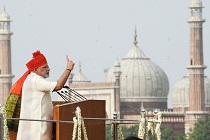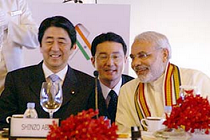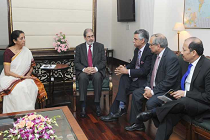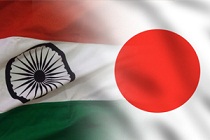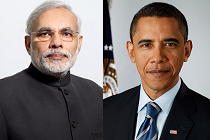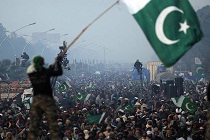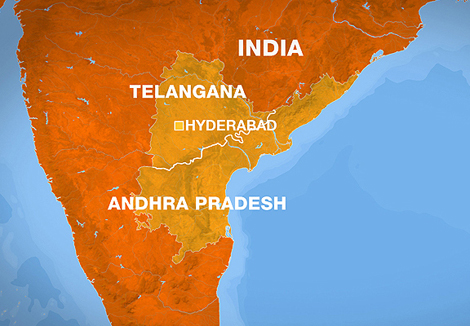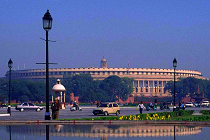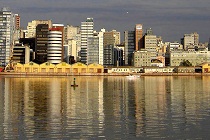Modi’s foreign policy: the way forward
Narendra Modi, promising governance reform and policy overhaul swept into power with a strong majority. The first three months of Modi as prime minister has seen him being pro-active, as well as creative, in handling India's foreign policy interests. Gateway House analyses the new government’s actions and puts forward recommendations for the days ahead

